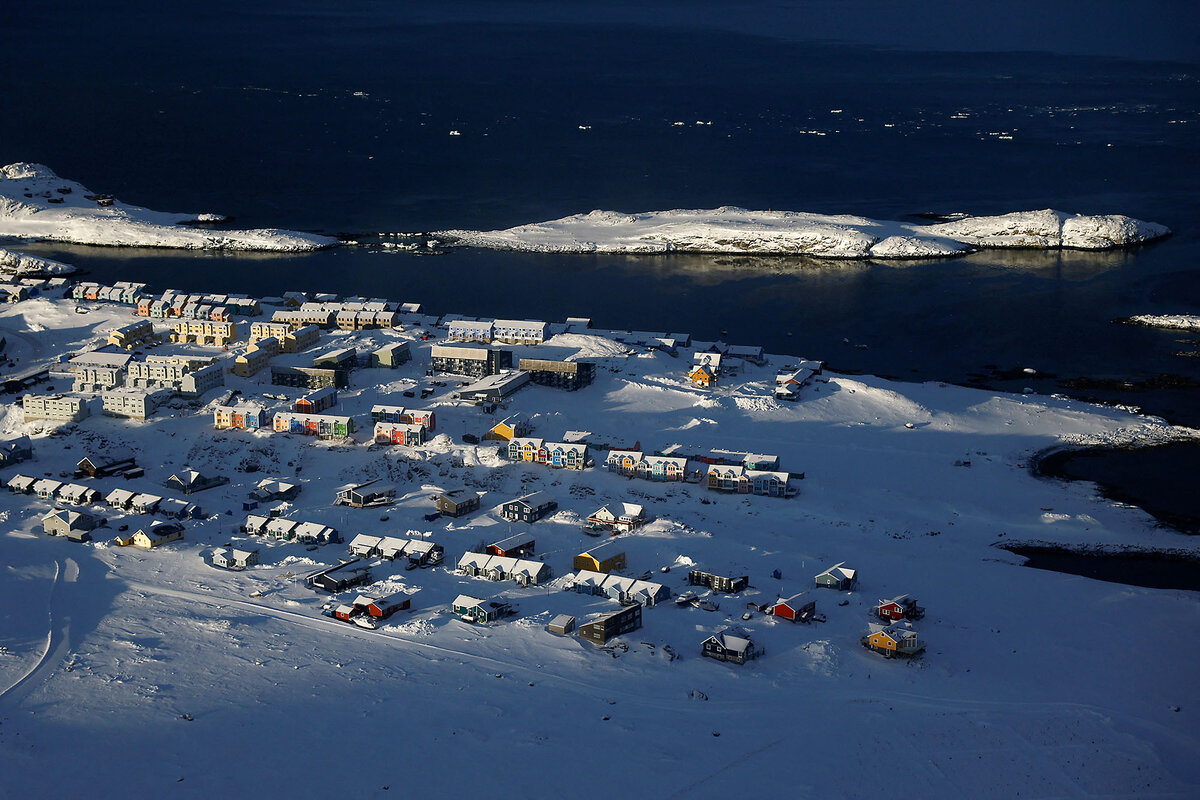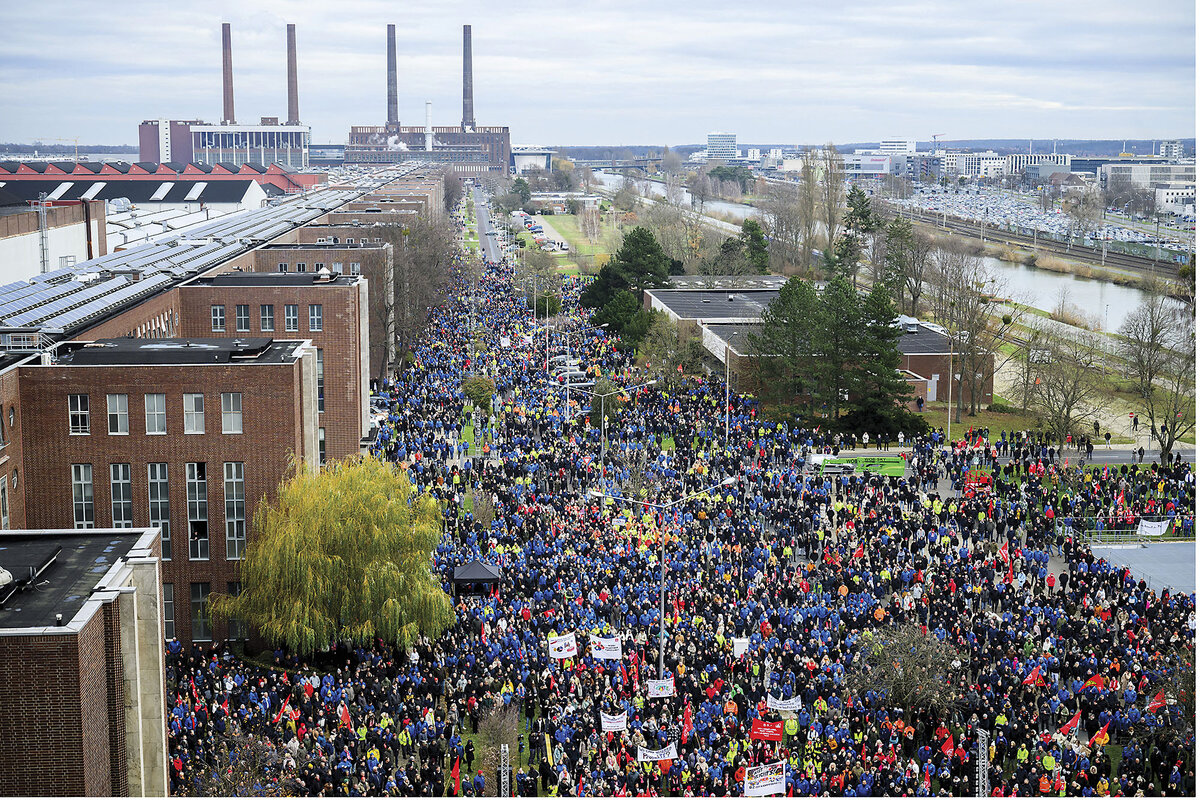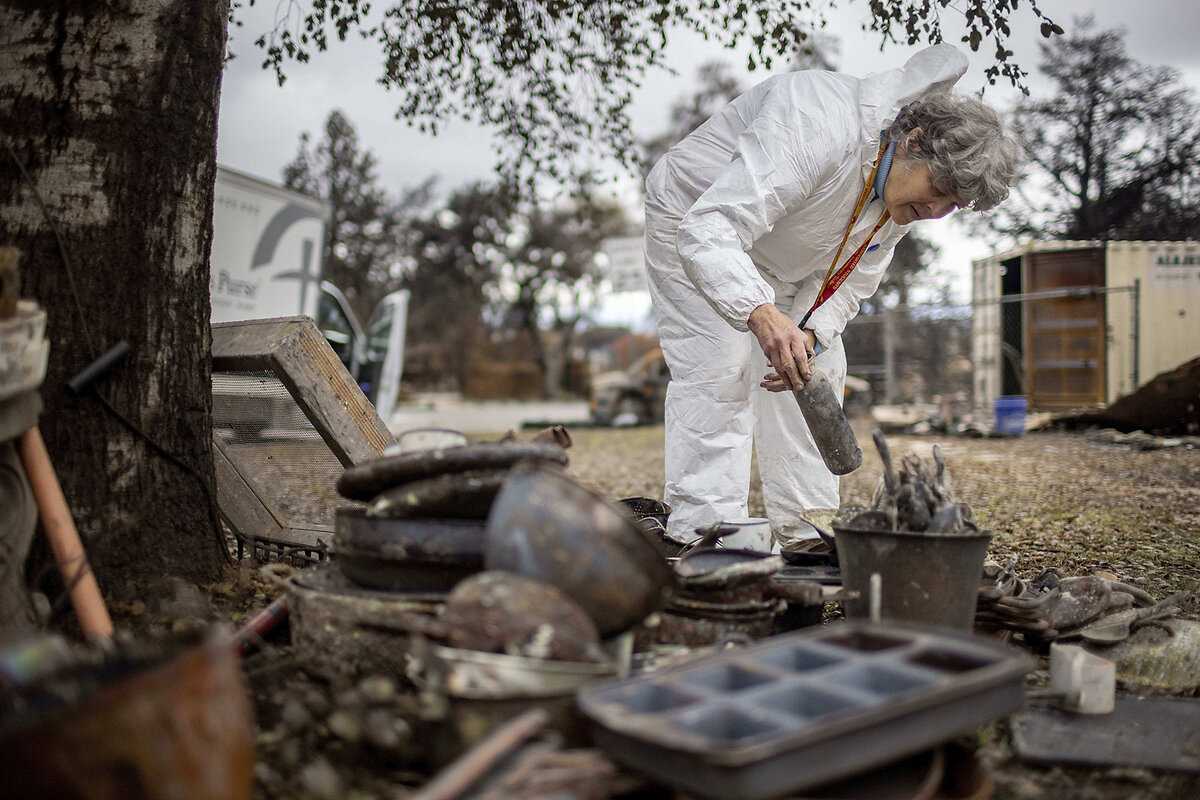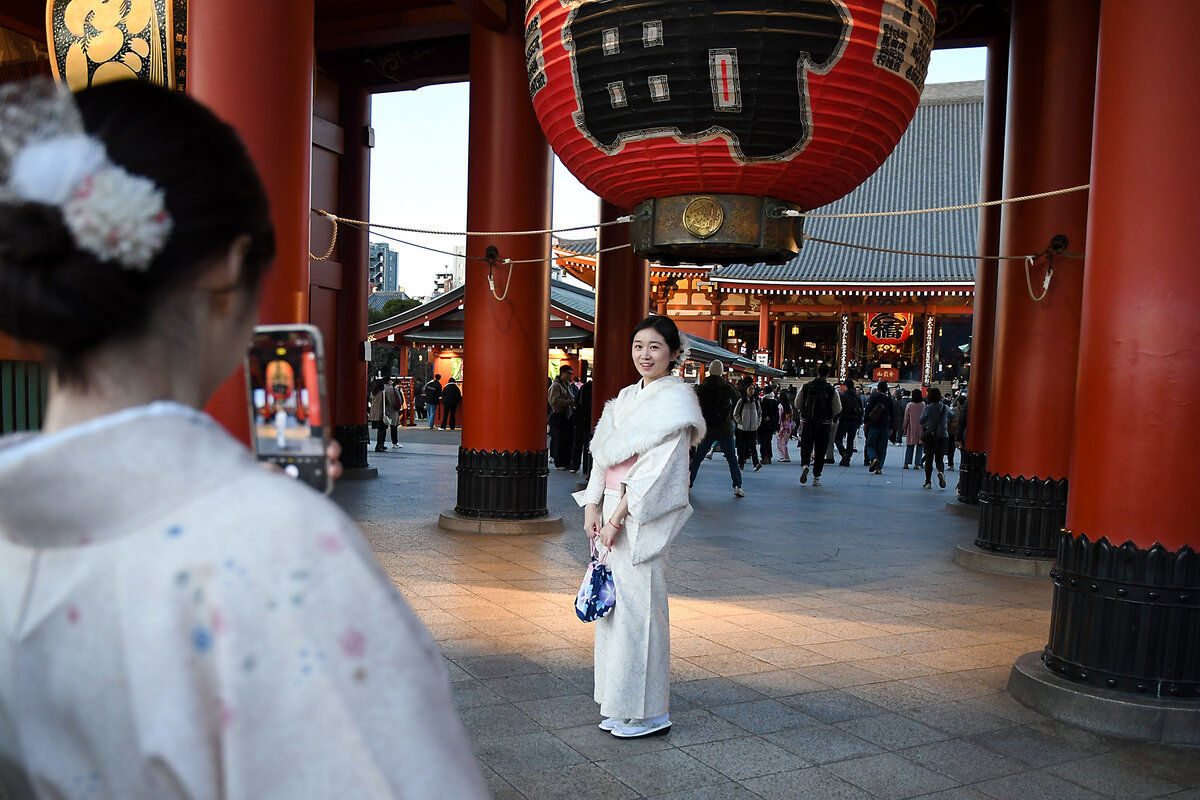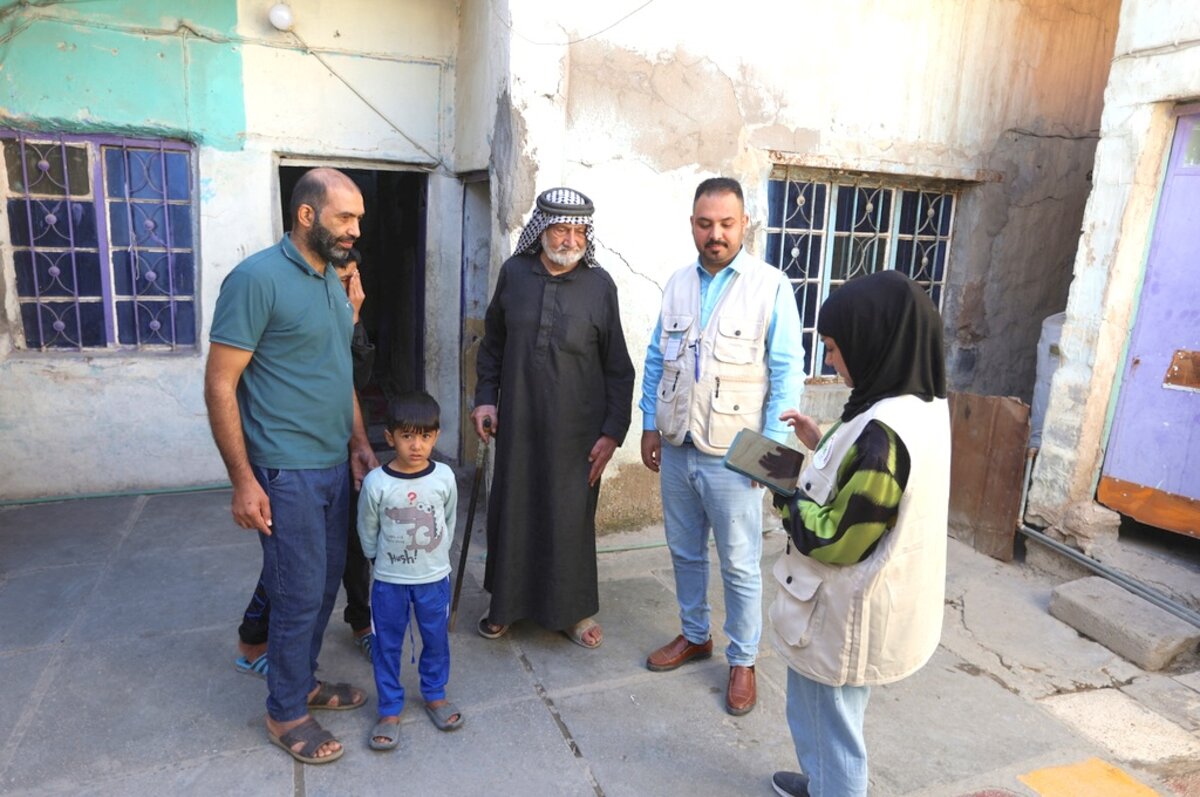- A consumer protection agency faces stoppage: The Trump administration has ordered the Consumer Financial Protection Bureau to stop nearly all its work, effectively shutting down the agency that was created to protect consumers after the 2008 financial crisis and subprime mortgage-lending scandal.
- Ecuador moves toward runoff: Ecuador will choose its next president in a runoff election set for April 13 after conservative incumbent Daniel Noboa and leftist lawyer Luisa González garnered enough votes Sunday to beat 14 other candidates.
- Lebanon forms new government: Lebanon’s new prime minister has formed the country’s first full-fledged government since 2022. President Joseph Aoun announced Saturday that he had accepted the resignation of the former caretaker government and signed a decree with new Prime Minister Nawaf Salam to form the new government.
-
Grenfell Tower to be demolished: The government of the United Kingdom announced plans to dismantle the remains of London’s Grenfell Tower, almost eight years after the deadliest fire in Britain since World War II swept through the high-rise apartment building, killing 72 people.
- Related Monitor story: The tragedy at Grenfell shone a spotlight on London’s housing policy and raised questions over who benefits from the city’s real-estate boom – and who falls through the cracks. Our 2017 report explains.
- Philadelphia Eagles win Super Bowl: The Eagles routed the Kansas City Chiefs 40-22 to secure the franchise’s second Super Bowl championship. Also, a performer in the halftime show was detained and could face charges after unfurling a combined Sudanese-Palestinian flag with “Sudan” and “Gaza” written on it.

Why is Christian Science in our name?
Our name is about honesty. The Monitor is owned by The Christian Science Church, and we’ve always been transparent about that.
The Church publishes the Monitor because it sees good journalism as vital to progress in the world. Since 1908, we’ve aimed “to injure no man, but to bless all mankind,” as our founder, Mary Baker Eddy, put it.
Here, you’ll find award-winning journalism not driven by commercial influences – a news organization that takes seriously its mission to uplift the world by seeking solutions and finding reasons for credible hope.
Explore values journalism About usMonitor Daily Podcast
- Follow us:
- Apple Podcasts
- Spotify
- RSS Feed
- Download
Today, we mark a transition as our editor for the past eight years, Mark Sappenfield, hands the baton to me.
We have a big challenge before us, but a rich history to draw on. The Monitor’s mission was forged in the crucible of what our founder, Mary Baker Eddy, experienced with yellow journalism. She established this paper not to retaliate against her adversaries but to uplift the standard of journalism. In our first issue, she wrote, “The object of the Monitor is to injure no man, but to bless all mankind.”
This is the spirit carrying us forward into this next chapter, and we’re glad you’re with us.
Already a subscriber? Log in
Help fund Monitor journalism for $11/ month
Monitor journalism changes lives because we open that too-small box that most people think they live in. We believe news can and should expand a sense of identity and possibility beyond narrow conventional expectations.
Our work isn't possible without your support.
News briefs
Today’s stories
And why we wrote them
Graphic
( 2 min. read )
The Trump administration has made clear its desire to dramatically reduce the size of the United States Agency for International Development, an independent government agency and the world’s biggest foreign aid organization. On Friday, a federal judge temporarily blocked the administration’s plan to place nearly the entire USAID staff on administrative leave and recall overseas employees. Polls show a majority of Americans think the US. spends too much on foreign aid. They also think that it makes up a quarter of the budget. (It accounts for less than 1%.) The push to downsize appears unlikely to end. We look at where U.S. aid goes, and who benefits from it.
The Explainer
( 7 min. read )
Part of the new U.S. president’s remodeling of the federal workforce is an in-person work requirement. While government remote work increased during the pandemic, it was already trending downward before the president’s order. Some reactions to the new demand have been partisan: the president’s allies hailing return-to-office efforts as a return to accountability, opponents casting it as a bid to get people to quit, and as part of a broader attack on the civil service and the expertise that comes with it. We looked at four key questions.
A deeper look
( 13 min. read )
Automaker Volkswagen, mirroring Germany’s overall economic malaise, faces a need for reinvention that it hopes can match consumer and societal demands. Though it remains profitable, thanks in part to its Porsche and Audi subsidiaries, it’s now considering German plant closures for the first time. VW got a late start in electric vehicle development (though its retro-inspired ID. Buzz has recently won plaudits). It has mostly failed to match an innovation surge from Asia.
( 5 min. read )
Wildfire destruction in Los Angeles means homeowners and communities must decide how to rebuild. And everything is on the table. Competing interests are already at play between individual homeowners and the broader community, says Amy Bodek, LA County’s director of regional planning. There’s building back better, and then there’s just finding people places to live. But the aims do overlap, Ms. Bodek adds, “and we have to find that sweet spot that allows us to have both conversations at the same time.”
( 3 min. read )
Animosity between China and Japan has long colored public perceptions – in both directions. But a favorable exchange rate has fed a tourism boom in Japan and had another effect: Some Chinese travelers say their newfound affinity is about more than good deals. “It’s very clean and has a good environment,” says Wang Boling, from China’s Shandong province, as he strolls past shops on his first trip to Japan. Touring with factory co-workers, he says: “I might well come back.”
The Monitor's View
( 2 min. read )
In coming days, Iraq will do something extraordinary in a Middle East where identities are often anchored by tribe, religion, or ethnicity. It will release detailed results of its first national census in decades – without any of those pigeonholing categories.
In other words, data collated from a two-day, door-to-door survey conducted last November will not break down people by labels such as Shiite or Sunni, Kurd or Arab. Aimed at simply helping officials divvy up elected seats and spread resource wealth equally to everyone, the census will not reduce individuals to demographic stereotypes.
“Iraqis should be citizens first and foremost and be treated as such by government strategy,” Joost Hiltermann, an Iraq expert at the Crisis Group think tank, told Deutsche Welle.
Iraq has learned this lesson the hard way. For more than four decades, it suffered major conflicts and several civil wars driven in large part by identity differences. When the current constitution was approved in 2005, it included the words “equal” and “equality” eight times. In 2019, student-led protests against corruption took aim at a governing system that ensures the prime minister is always a Shiite Muslim, the parliamentary speaker a Sunni Muslim, and the president a Kurd. (That quota system is akin to one in Lebanon.)
Iraq is ready for a period of calm, inward-looking restoration. With the Mideast in high flux from Gaza to Syria to Iran – and with elections expected in Iraq this year – “There is a maturing among the Iraqi public and its leadership, that approaching international matters with the least negative blowback on Iraq is the best path forward,” wrote analyst Muhammad Al-Waeli in the website 1001 Iraqi Thoughts.
Young Iraqis may be the most eager to define themselves as Iraqis first. Preliminary data from the census showed 56% of the population of 45.4 million was born after the 2003 American-led invasion that ousted a dictatorship. This cohort took the brunt of the 2013-2017 civil war fueled by the Islamic State.
Civic ideals, not social stigmas, may now unite many Iraqis. A census based on equal dignity can reflect that.
A Christian Science Perspective
Each weekday, the Monitor includes one clearly labeled religious article offering spiritual insight on contemporary issues, including the news. The publication – in its various forms – is produced for anyone who cares about the progress of the human endeavor around the world and seeks news reported with compassion, intelligence, and an essentially constructive lens. For many, that caring has religious roots. For many, it does not. The Monitor has always embraced both audiences. The Monitor is owned by a church – The First Church of Christ, Scientist, in Boston – whose founder was concerned with both the state of the world and the quality of available news.
( 4 min. read )
Expressing God’s grace opens us to the harmony that characterizes God and His creation.
Viewfinder
